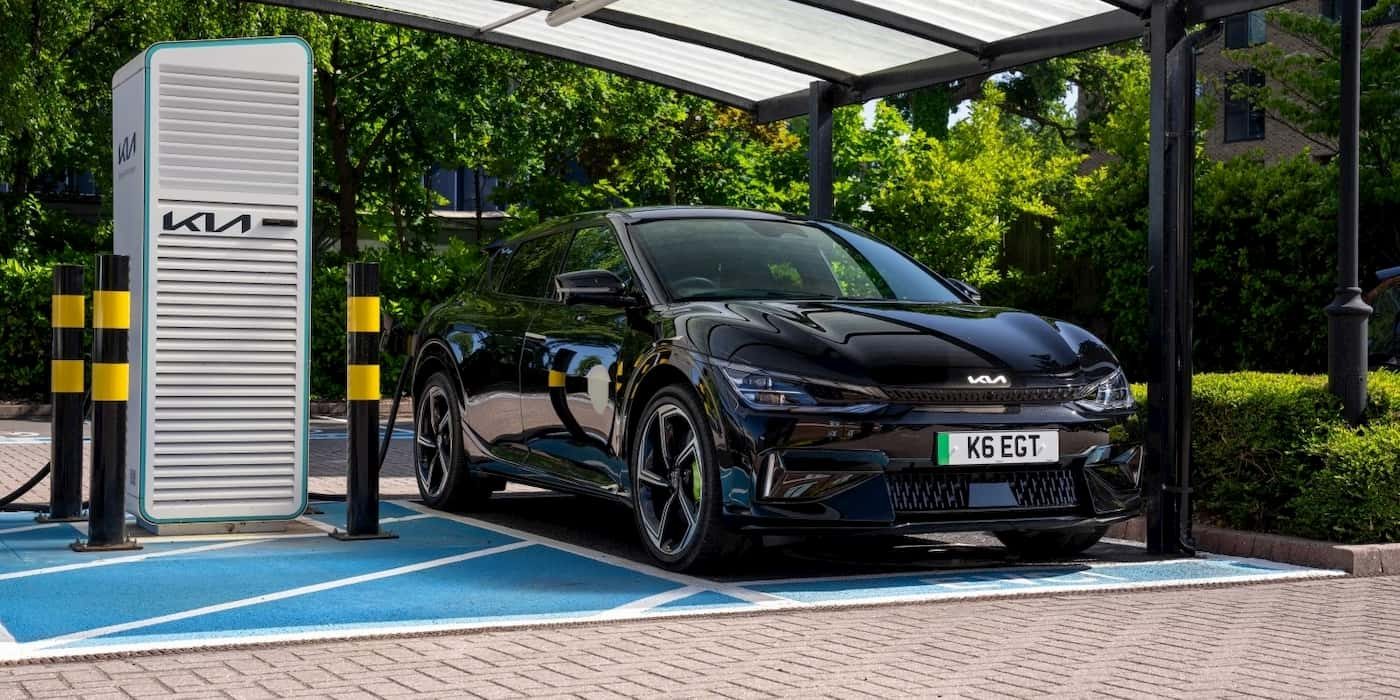Kia Joins Toyota and BYD in Establishing an EV Production Hub in Thailand
The automotive industry is undergoing a rapid transformation as the world transitions towards electric vehicles (EVs). In response to this global trend, Thailand has emerged as a key destination for EV production, attracting major automakers from around the world. Kia, Toyota, and BYD are among the latest automakers to announce plans to establish EV production facilities in the Southeast Asian nation. This article examines the significance of these announcements and the increasing importance of Thailand in the global EV landscape.

Kia's Investment in Thailand
Kia Motors, a South Korean automaker, announced on March 6, 2024, that it will invest 2 billion U.S. dollars to build an EV production plant in Thailand. The plant, which will be located in the Rayong province, will have an annual production capacity of 150,000 EVs. Kia aims to begin EV production in Thailand by the end of 2024. This investment further demonstrates Kia's commitment to its "Plan S" strategy, which aims to transition the automaker to a global leader in sustainable mobility.

Toyota and BYD's Partnerships
Kia's announcement follows similar announcements from Toyota and BYD. In February 2023, Toyota announced that it would invest 2.3 billion U.S. dollars to build an EV production plant in Thailand in partnership with PTT, a Thai energy company. The plant, which will be located in the Chachoengsao province, will have an annual production capacity of 200,000 EVs. Toyota aims to start EV production by the end of 2023.
BYD, a Chinese EV manufacturer, announced in July 2022 that it would build an EV production plant in Thailand in collaboration with WHA Group, a Thai industrial conglomerate. The plant, which will be located in the Rayong province, will have an annual production capacity of 150,000 EVs. BYD plans to start EV production by 2024.
Thailand's Strategic Importance

Thailand's emergence as a hub for EV production is attributed to several factors. The country has a well-established automotive industry, with several major automakers already having production facilities in the country. Thailand also has a strong manufacturing sector and a skilled workforce. Additionally, the government has implemented supportive policies to promote the growth of the EV industry, including tax incentives and investment grants.
Thailand's central location in Southeast Asia also makes it an ideal destination for EV production. The country is within easy reach of major markets in the region, including Indonesia, Malaysia, and Vietnam. Moreover, Thailand is connected to major shipping routes, which facilitate the export of EVs to other parts of the world.
Implications for the Global EV Industry
The influx of major automakers to Thailand is expected to have a significant impact on the global EV industry. The increased production capacity in Thailand will help to meet the growing demand for EVs worldwide. Additionally, the presence of major EV manufacturers in Thailand will create a competitive environment, leading to innovation and improved quality of EVs.
The EV production hub in Thailand is also expected to have a positive impact on the local economy. The investments from major automakers will create jobs and boost economic growth. Additionally, the development of the EV industry will attract supporting industries, such as battery manufacturers and charging infrastructure providers.
The announcements from Kia, Toyota, and BYD further underscore the growing importance of Thailand in the global EV industry. Thailand's strategic location, well-established automotive industry, and supportive government policies have made it an attractive destination for major automakers looking to expand their EV production capacity. The influx of these automakers is expected to have a significant impact on the global EV industry and contribute to the transition towards sustainable mobility worldwide. As the EV industry continues to grow, Thailand is poised to play a leading role in shaping the future of transportation.
